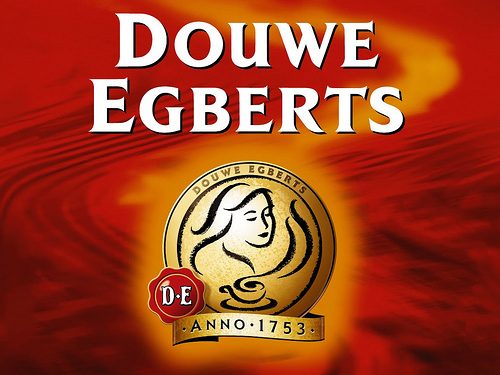Paying for Your House with Dollar Cost Averaging
A family member recently used dollar cost averaging and the power of compounding in such a creative way, that I thought it would be useful to share it. This technique, which he developed after studying the various returns available on different asset classes, was designed to show that two factory workers, both earning the same salary, paying the same taxes, and having the same expenses, could end up with vastly different levels of wealth based on what they did with their surplus cash each month. Let’s take a look at this dollar cost averaging technique and how he hopes it will help him earn several extra hundred thousand dollars in profit over the coming decades.
Details











